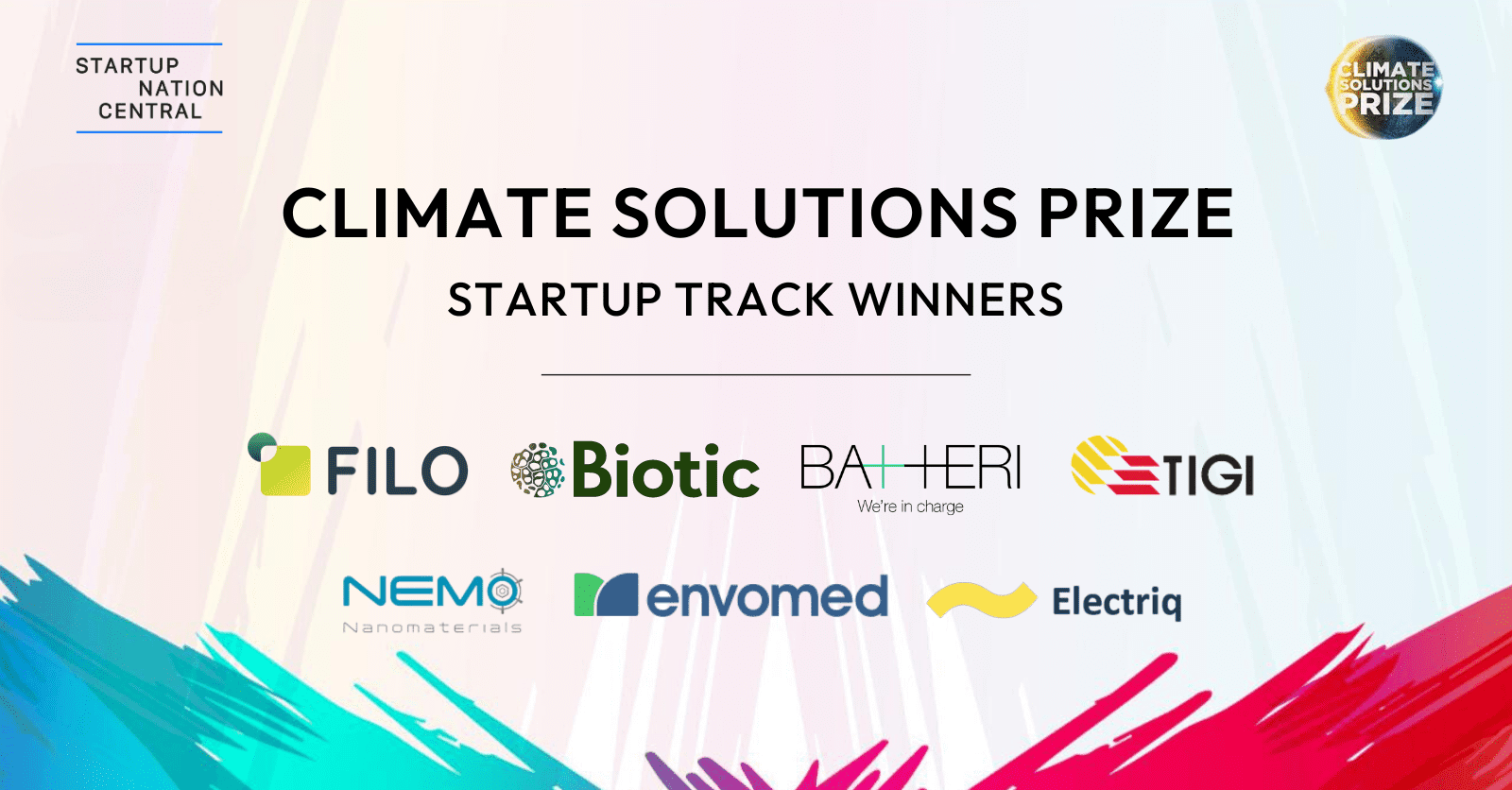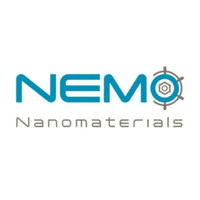The Climate Solutions Prize Startup Track 2023 is a tech competition organized in partnership with Startup Nation Central.
It is designed to award the best and brightest climate tech startups throughout Israel, providing them with access to investment, cash prizes, partnership opportunities with global corporates, and exposure at COP28, among other benefits, to promote scalable, sustainable solutions to pressing environmental challenges – because the world doesn’t have the time to wait.
Each challenge and its winner represent a step forward in the global fight against climate change, showcasing the potential of technology and innovation to create a more sustainable future. We are excited to announce the winners of the seven challenges in the Israeli startup track.
Overview of the 2023 Climate Solutions Prize Startup Track
- Focus on Climate Tech: The track specifically targets startups in Israel that are developing innovative solutions in the field of climate technology.
- Substantial Rewards: The initiative offers over $1.32 million in investments and cash prizes, along with multiple opportunities to win.
- Wide Participation: An impressive pool of 280 applicants participated, from which 21 finalists were selected after a thorough vetting process.
- Diverse Challenges: These finalists have shown exceptional promise in addressing climate tech challenges across seven different climate challenges posed by influential multinationals and prominent investment bodies.
Key Challenges and Winners

Capital Nature $1 Million Flagship Investment: Energy, Sustainable Mobility, Built Environment, and Circular Economy.
Finalists: CarbonBlue, Filo Systems, and Noohra.
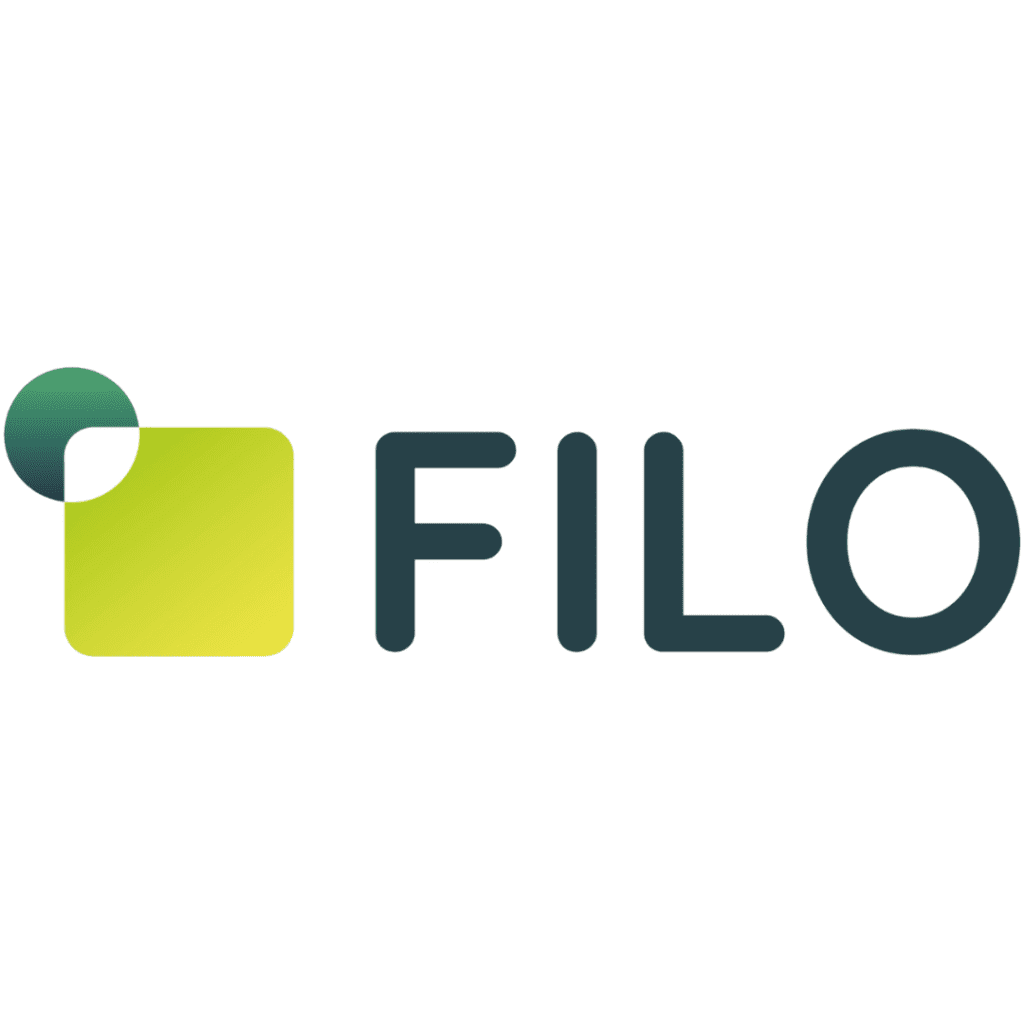
Winner: Filo Systems Ltd addresses the pressing need for data efficiency and reduced energy consumption with its data compression engine. Their technology offers optimized storage and networking savings, which in turn lowers energy consumption, cooling costs, operational expenses, and environmental impact.
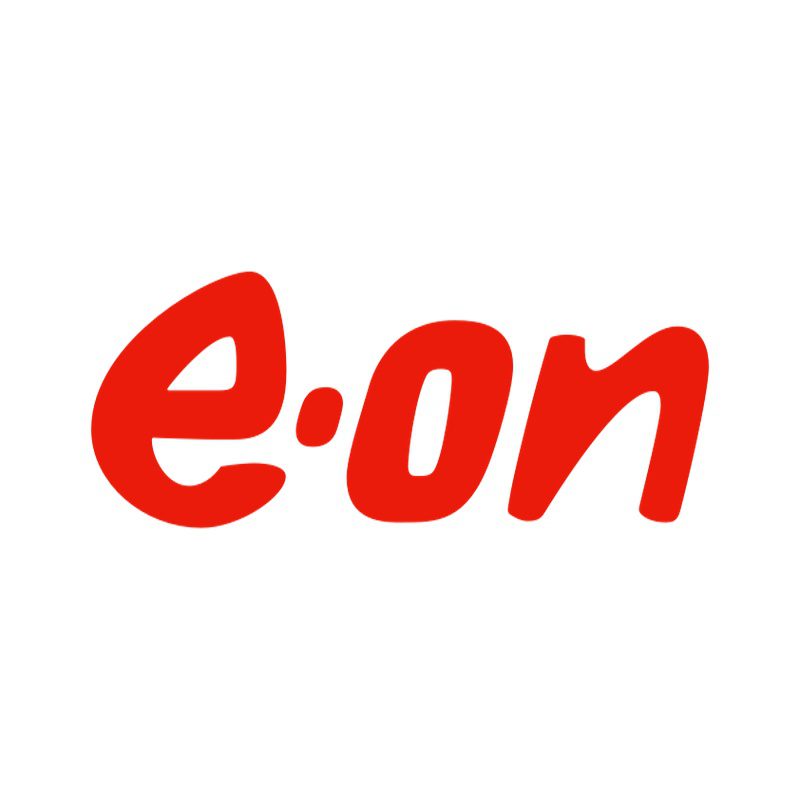
E.ON Challenge: Energy Solutions for Industry and Buildings.
Finalists: Curapipe, Tigi, and Urban Dashboard.
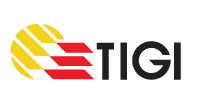
Winner: TIGI has made significant strides with its renewable heat generation and heat storage solutions tailored for commercial and industrial applications. Their technology exemplifies how renewable energy can be harnessed more effectively, contributing to the decarbonization of heating and cooling systems in buildings and industries.

Continental AG Challenge: Sustainable Materials for Automotive Applications.
Finalists: Biotic, CelluFlux, and Seevix Material Sciences.

Winner: BioTic delivers an innovative approach to replacing fossil fuel plastics. Their scalable, fully biological process not only reduces greenhouse gas emissions but also champions a zero-waste and circular economy, marking a significant step towards sustainable materials in the automotive industry.

ESIL EarlyStage Funding Competition: Offering up to 2 million NIS Investment Opportunity.
Finalists: BaTTeRi Thomas, BugEra, and Elssway.

Winner: BaTTeRi developed an innovative EV Charging as a Service (CaaS) solution, featuring a proprietary charging robot named Thomas, revolutionizes the EV charging infrastructure. This zero-infrastructure method enables rapid DC EV charging in any parking spot, facilitating the transition to electric vehicles.
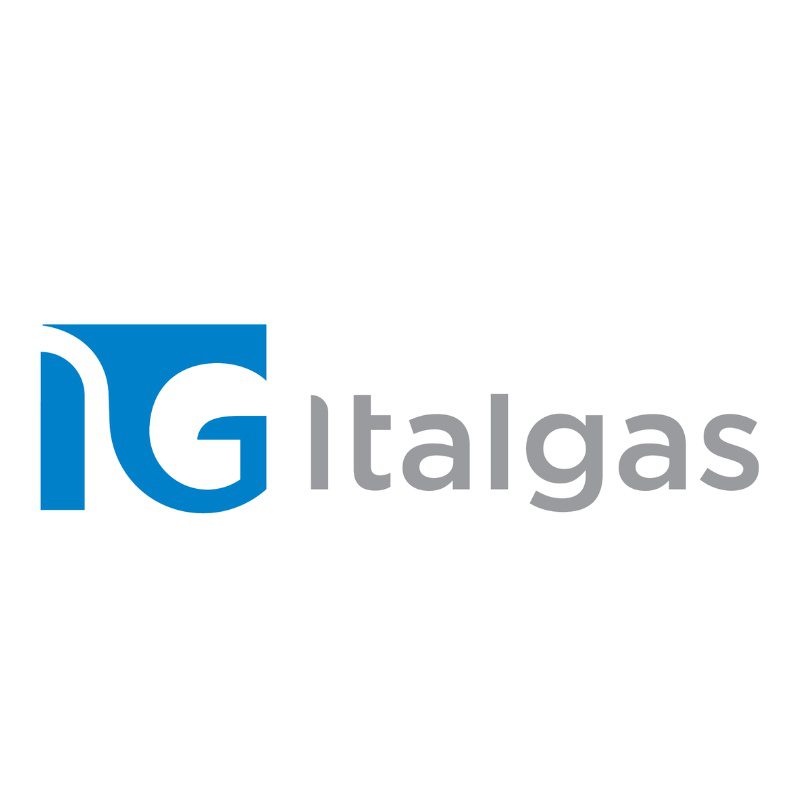
Italgas Challenge: Decarbonizing Energy Infrastructure.
Finalists: Opgal, Nemo Nanomaterials, and Noohra.
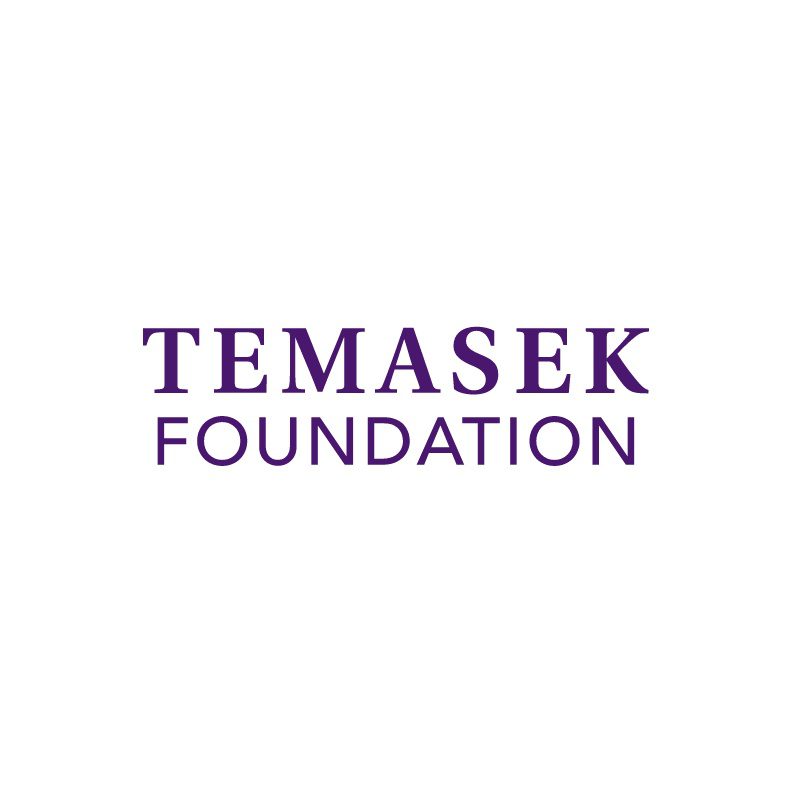
Temasek Foundation Challenge: Disruptive Decarbonization Prize. Aimed at helping cities remove carbon emissions at scale.
Finalists: Electriq, HydroX, Nostromo Energy, and SolCold.

Winner: Electriq offers a hydrogen carrier solution, which simplifies the storage, transport, and use of hydrogen, represents a significant innovation in the field of decarbonization. Their technology is a promising avenue for utilizing hydrogen as a clean energy source, especially in off-grid applications and long-term storage.

Takeda Challenge: Addressing Plastic Waste in the Plasma Industry
Finalists: Envomed, Maderight, UBQ

Winner: Envomed‘s technology for shredding and sterilizing medical waste simultaneously represents a breakthrough in waste management. Their chemical sterilization technology, capable of achieving a 6-log reduction of spores, offers a sustainable solution to the challenge of medical waste, including single-use plastics.
Significance and Impact of CSP Israel Startup Track
The CSP 2023 Israel Startup Track is not just a competition; it is a platform that propels forward-thinking startups into the global arena, enabling them to contribute significantly to the fight against climate change. By providing these startups with the necessary resources and exposure, the CSP is playing a crucial role in fostering innovation and practical solutions in the realm of climate technology.
This initiative stands as a testament to the vibrant and dynamic nature of Israel’s startup ecosystem, particularly in the field of environmental sustainability and climate tech. The anticipation for the announcement of the winners in February 2024 highlights the importance and impact of this track in the global effort to address climate change.
Let’s take a closer look at the specific challenge tracks and the TOP 3 FINALISTS in each category…
1. E.ON Challenge: Energy Solutions for Industry & Buildings
Challenge Description: E.ON sought out digitally-enabled energy solutions for clients in the industrial and buildings segment, aiming to discover breakthrough technologies to help deliver energy and heat transition faster.
TIGI: Renewable heat generation and heat storage solutions for commercial and industrial applications.
Curapipe System: Trenchless Automated Leakage Repair (TALR) is an internal pipeline leakage repair solution for multiple leaks in water distribution networks.
Urban Dashboard: An AI-powered decision support platform for smarter, faster, and more effective urban planning.
2. Continental Challenge: Sustainable Materials for Automotive Applications
Challenge Description: Continental aims to achieve 100% carbon neutrality and emission-free mobility by 2050, focusing on new, novel materials for automotive applications.
BioTic: Enabling optimal transition from fossil fuel plastics with a scalable, fully biological, environmentally friendly process, contributing towards reducing greenhouse gas emissions, with a zero waste and circular economy approach.
CelluFlux: CelluFlux develops catalytic processes to transform renewable carbohydrates into useful chemical products that can find use in a wide range of applications.
Seevix: Producing high-strength spider silk fibers through recombinant DNA technologies backed by over a decade of scientific research.
3. Temasek Foundation Challenge: Disruptive Decarbonization Prize
Challenge Description: The Disruptive Decarbonization Prize sought the most innovative solutions to help urban cities remove carbon emissions at scale, including technology-based carbon capture, utilization, and storage solutions, and low carbon solutions for energy, urban infrastructure, and transport.
Electriq: A hydrogen carrier that acts like a coffee powder for a coffee machine – simplifying storage, transport, and use of hydrogen in off-grid applications and long-term storage.
HydroX: Enables storage and transport of hydrogen in a non-toxic, non-flammable, non-explosive, cost and energy-efficient carrier and driving the cost of hydrogen storage and transportation below US$1/kgH2.
Nostromo: Accelerates the renewable energy revolution by reducing our reliance on fossil-based energy while contributing to a more stable electric grid.
Solcold: Cooling coatings for a range of applications including roofs of buildings, transportation vehicles, and clothing, that can greatly contribute to mitigating the urban heat island effect.
4. Capital Nature Challenge: $1M Investment Track Challenge
Challenge Description: The challenge offered an equity investment opportunity to Israeli early-stage startups developing innovative technologies aimed at decarbonizing the economy and reducing its environmental footprint, including new energy, sustainable mobility, built environment, and circular economy.
Filo Systems Ltd: A data compression engine providing optimized storage and networking savings, as well as lower energy consumption, cooling costs, operational expenses, and environmental impact.
Carbon Blue: Helps companies offset their carbon emissions and earn carbon credits by removing CO2 directly from seawater.
Noohra: Developing innovative Short Wave Infrared (SWIR) Hyperspectral Imaging systems, specifically designed to monitor Greenhouse Gas (GHG) emissions in real-time.
5. Italgas Challenge: Decarbonizing Energy Infrastructure
Challenge Description: Italgas, a leader in energy distribution infrastructure, focused on driving energy transition and decarbonization efforts in Europe, aligning with the EU’s Green Deal Targets.
Nemo Nanomaterials: Provides industrially scalable nanotechnology solutions that enhance the performance and improve the properties of industrial materials and products.
Opgal: Specializes in the development and production of thermal cameras and electro-optical systems, with a focus on Optical Gas Imaging (OGI) and thermography.
Noohra: Developing innovative Short Wave Infrared (SWIR) Hyperspectral Imaging systems, specifically designed to monitor Greenhouse Gas (GHG) emissions in real-time.
6. ESIL Challenge: EarlyStage Funding Competition
Challenge Description: ESIL created a platform for scaling DeepTech solutions for climate-related challenges, providing know-how, funding, network, and pilot facilities.
BaTTeRi: An innovative EV Charging as a Service (CaaS), zero infrastructure method based on a proprietary charging robot, Thomas. Thomas enables sites and parking lots to offer rapid DC EV charging in every parking spot.
BugEra: Focused on sustainable biological production, leveraging the harmless insect Black Soldier Fly’s potential to upcycle organic waste into protein, oil, and fertilizer.
Elssway: Using conductive paint allows for simple integration onto any surface, providing a convenient and efficient charging solution for electric vehicles, bus fleets, e-bikes, and autonomous logistics robots.
7. Takeda Challenge: Addressing Plastic Waste in the Plasma Industry
Challenge Description: Takeda’s challenge focused on revolutionizing the plasma donation process by minimizing the amount of waste generated, particularly targeting the reduction of single-use plastic waste.
Envomed: A unique machine that shreds and sterilizes medical waste simultaneously, using a scientifically developed and proven chemical sterilization technology that can achieve a 6-log reduction of spores in infectious medical waste.
Maderight: Developed a circular economy model that leverages organic industrial waste as a nutrient source for cultivating fungi, resulting in the production of high-quality, sustainable materials that can meet the packaging needs of any industry.
UBQ: A plastic substitute made from unrecyclable household waste, including all organics, This homogeneous thermoplastic replaces oil-based plastics in durable applications across industries.
The Climate Solutions Prize Startup Track is more than just a competition; it is a significant step forward in the global fight against climate change. For the Israeli tech ecosystem, recognized for its dynamism and ingenuity, this track offers a unique platform to showcase cutting-edge solutions in climate technology. The participation of Israeli startups in CSP shows Israel’s commitment to environmental sustainability and highlights the country’s role as a leader of technological innovation with a global impact.
-> Check out last year’s Climate Solutions Prize Israeli Startup Track winners.
We are optimistic that the solutions developed by the startup finalists have the potential to create positive change worldwide, offering new ways to tackle issues like carbon emissions, sustainable energy, and waste reduction to move us toward a more sustainable and resilient future.
